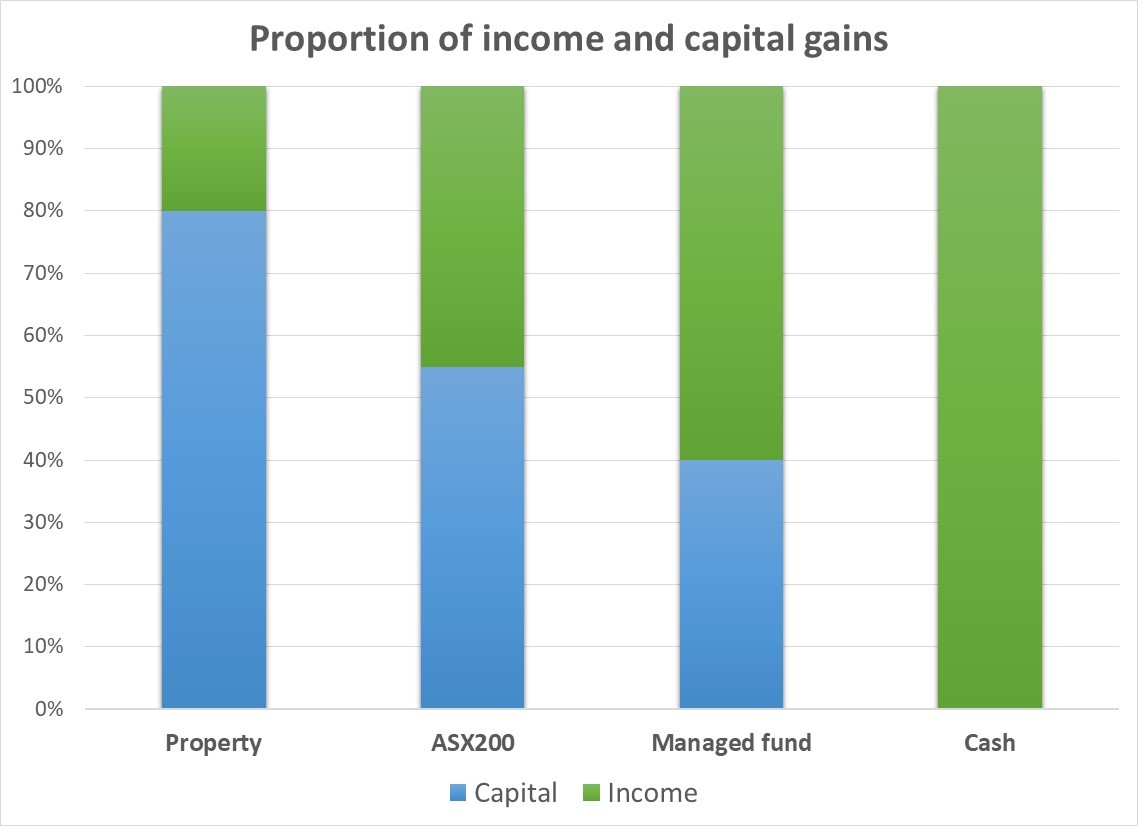
Too little cash in portfolio: One advantage of not holding much cash is that you have the potential to get a higher rate of return.“If inflation is at 9% and you’re only earning 1% on your money, your real rate of return is –8%.” “Inflation is a hot topic, and when we look at return, it’s important to look at the real rate of return,” says Verhaalen. The number one negative of having too much cash is that you’re getting a flat or very low rate of return. Peace of mind is another advantage of having a lot of money on the sidelines. Too much cash in portfolio: One of the advantages of too much cash is that liquidity gives you a lot of flexibility to take advantage of new investment opportunities.“Some investors were putting their principal at risk in order to capture a higher yield, and in some cases, they took on too much risk,” Verhaalen says.Ĭarrying too much or too little cash in your investment portfolio can offer both pros and cons that differ depending on an individual’s situation. A common mistake people make is carrying too much or too little cash for their situation, as well as putting cash in the wrong investments.Īs an example, during the recent extended run of low-interest rates, people moved away from the low-risk safety of checking accounts, money markets and CDs, and instead invested in dividend-paying stocks or bond funds. It can be challenging to find the right balance of cash and cash equivalent holdings. How much cash should I have in my portfolio? Weighing the pros & cons Others who work as independent contractors or hold commission-based jobs may want to hold more in cash reserves if their income is uneven or less predictable throughout the year, notes Verhaalen. For example, people with a steady income can often count on liquidity from a paycheck or annual bonus and may need to hold less cash. Income and net worth are two additional considerations.


Verhaalen, Wealth Management Advisor for U.S. “In a low-interest rate environment, for example, you might have equity built up in your home that you can tap into, such as through a home equity line of credit, versus holding extra cash,” says D.J. In addition, some people might carry a lower amount of cash based on their leverage opportunities. Some factors that help to determine how much cash and cash equivalents to hold include:Ī general rule of thumb for how much of your investment portfolio should be cash or cash equivalents range from 2% to 10%, although this very much depends on your individual circumstances.Ĭases where you might want to hold more cash include if you’re planning on a big purchase or expense within the next few years, such as buying a home or paying for college tuition.


Rightsizing investment portfolio cash allocationsĭetermining how much cash is enough is a common question, and the answer varies depending on your unique circumstances and current market conditions.


 0 kommentar(er)
0 kommentar(er)
